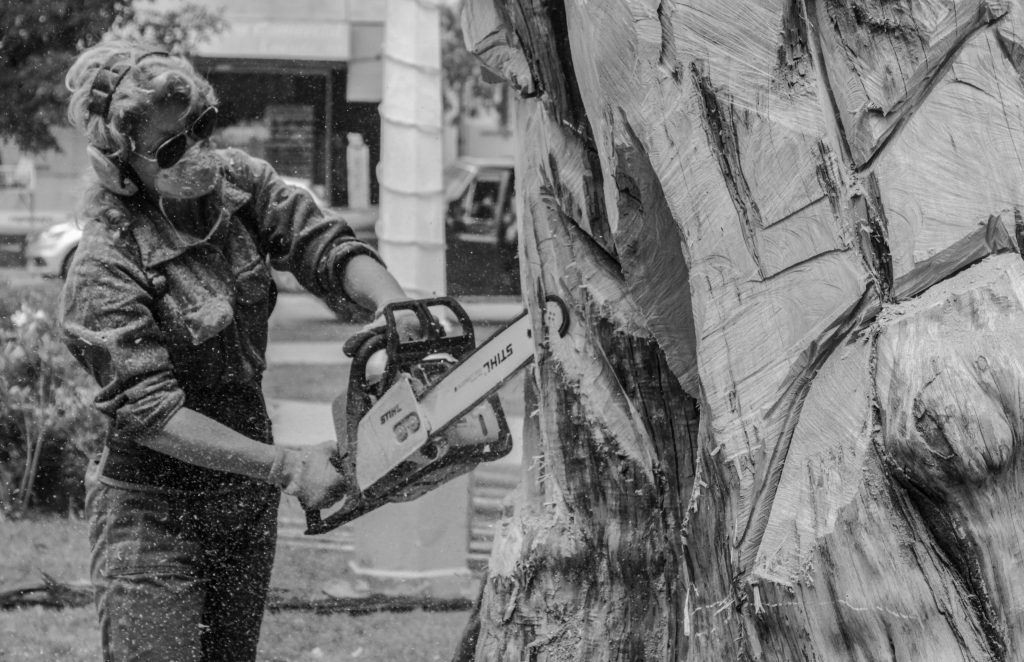Electricity has become a major part of our everyday life, that it causes a major issue when it is unavailable. When electricity is suddenly lost, otherwise known as power outage. It can negatively affect everything in our day-to-day activities, from our business, to cooking, to even being able to function when it’s dark. It is important to be well prepared, as knowing the likely causes of a power outage can help you prepare and be ready in advance.
The electricity power grid worldwide is wide enough in most populated regions, and is designed to withstand any factor that can potentially shut down the system, including physical/natural elements and human errors. Although this works most of the time, other times there could be system failure and this power goes out. Most of the time, power outages don’t last very long and can be rectified within a short period. However, some power outages can last very long, spanning into several weeks.
An extended outage can have a large impact on the community and can even exceed to affect the economy since there is unavailability of power to a large area of people. This article further explains everything you need to know about the causes of power outages and how they can be prevented. There are four main types of power outages:
Blackouts
Permanent Fault
Rolling Blackouts
Causes of Power Outages
Generally, power outages are caused by different factors. Some of the most common causes are:
Natural Causes or Severe weather Conditions
This is by far the most common causes of power outages. These factors can wreak havoc in the power system due to multiple occurrences which include, but are not limited to,
- lightening
- floods
- storms
- earthquakes
- Mudslide
- Extreme heat/cold
- Hurricane
- Tornado
- Earthquake
- Wildfire
There could be multiple reasons why a blackout occurred. For example, a tree cut down by lightning can cut through power lines, mudslides or floods can be caused by heavy rain. In fact, research shows that 5% of winter power outages are caused by snow and ice. Although volcanic eruptions and tidal waves could also cause power outages, these are relatively less common.
Human Error
This is crucial when it comes to power outage causes, though can only affect a smaller fraction of a region/area. For example, traffic collisions. When vehicles collide with each other out of control and hits a power line or pole, bringing down all equipment, this, of course, can result in a power outage, but as earlier mentioned, it doesn’t exceed the immediate area where the collision occurred.
Equipment Failure Due to Overload or Other Power Causes
Equipment for power supply can be faulty, breakdown or even wear out due to factors like age, exposure to different elements e.t.c. It is likely that a transformer can fail, or an insulator corrodes and breaks. The equipment may stop working for several days or even weeks, leading to just as many causes of power outages.
Other causes include High energy demand, Cyber attacks and even wildlife.
How to Prevent Power Outages

Reduce Power Consumption
When the system is overwhelmed as a result of overload caused by increased energy usage, there could be power failure. This will lead to black out in that area. You can reduce energy consumption by ensuring that you switch off appliances that are not in use, keep the doors shut while using an air conditioner (this way the room becomes cool enough and AC can be turned off at night).
Tress Trimming
As mentioned earlier, overgrown trees are one of the major causes of power outage when they fall into the system. Therefore, ensure they are treated from time to time. Note: Do not cut the trees down by yourself. There are trained professionals for that.
Get Power Surge
These are like the insurance you should put in place for those expensive electronic items you got. This will help reduce the risk of them being damaged.